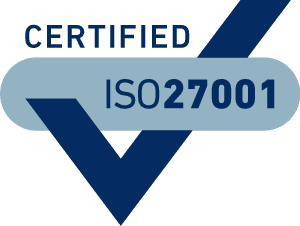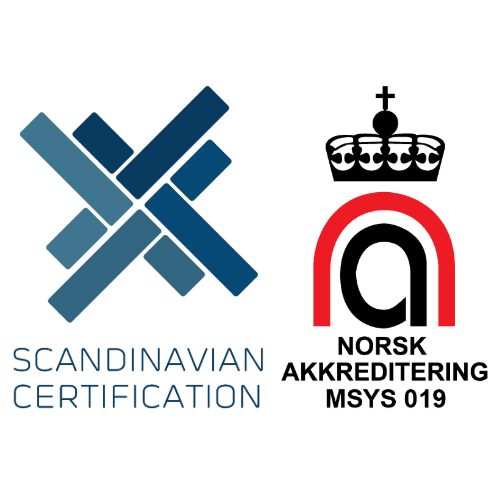Back to blog
#22 – Teijin and Schneider Electric Supply Chains and the Cobalt Crisis
Aug 7, 2025
Edoardo Arbizzi

🌎 Global Outlook
🏥 Teijin: When a Sustainable Supply Chain Becomes Therapy for the Planet
In healthcare, where every procurement decision can influence the health of millions, Teijin is rewriting the rules of the game. The Japanese multinational, with $6.8 billion in revenue, has made sustainability not just a goal, but the beating heart of its supply chain strategy.
In July 2025, Teijin introduced the “Supplier Grievance Mechanism,” a system ensuring total transparency throughout its supply chain. Its “Basic Policy for Purchasing and Procurement” is no joke: rigorous evaluation of financial health, technological capabilities, and CSR initiatives for every supplier. The result? An EcoVadis 2025 Gold Medal (top 5% of companies) for sustainable procurement practices.
What makes Teijin truly stand out is its systemic approach: from regenerative medicine to composite materials, every link in the chain is optimized for zero impact. As President and CEO Akimoto Uchikawa puts it: “Our Purpose expresses our strong commitment to creating pioneering solutions for the health of the global environment and all forms of life on the planet.”
🔗 Sources: Supply Chain Digital, Healthcare Digital
⚡ Mourad Tamoud (Schneider Electric): “The Supply Chain Is the New Nervous System of the Company”
Mourad Tamoud, Chief Supply Chain Officer at Schneider Electric, leads one of the world’s most advanced supply chains: 160 factories, 75 distribution centers, and 80,000 employees. The results? 4th place in Gartner’s Top 25 Supply Chains ranking and recognition as “Best Global Sustainable Supply Chain Organization.”
“Supply chains don’t just move products from point A to point B—they are a critical enabler of corporate strategy,” explains Tamoud. His vision takes shape in the STRIVE program: Sustainability, Trust, Resilience, Intelligence, Velocity, Efficiency. Not just words, but measurable KPIs: 100,000 tons of CO2 reduced, 80% of operations powered by renewables, and an internal carbon price of €130/ton.
The secret lies in the end-to-end digital approach. Schneider has implemented Manhattan Active Supply Chain, a cloud-native platform for integrated supply chain management (transport, distribution, and inventory) in more than 20 centers, with plans to expand it to over 200 operational sites. “We need to see the supply chain from beginning to end, and the only way is digitally.”
The key lesson? Every corporate decision has supply chain implications. “Having leaders who understand these dynamics makes us more agile.” The supply chain is no longer an operational function—it is the company’s nervous system.
🔗 Sources: Supply Chain Digital, Se
🖼️ Meme of the Day

🔋 Curiosity
⚡ Cobalt and the Great Battery Panic
Who would have thought that a metal from Congo would become the obsession of every Chief Supply Chain Officer? Cobalt is the new “black gold” of the electric era, with a supply chain more unstable than a house of cards.
The numbers are alarming: cobalt demand +400–600%, lithium and graphite for EV batteries up to +4,000%. Every electric car requires 200 kg of critical minerals—like an IKEA wardrobe made of precious metals.
The problem? Geography gone mad. 70% of cobalt comes from Congo but is refined in China. The result: China controls 75% of global EV batteries, 68% of refined cobalt, 65% of nickel, and 60% of battery-grade lithium.
When the supply chain of these materials seizes up, chaos follows. In 2022, the London Metal Exchange suspended nickel trading for the first time in 30 years: prices had risen so fast that the market crashed. They preferred to stop everything rather than face panic.
And the problem doesn’t end there: the U.S. will build only 3 battery gigafactories by 2029. China? 88 out of 115 planned worldwide. And that’s not all: according to Stanford, a potential halt in Chinese exports of gallium and germanium (crucial for electronics and renewables) would cost the U.S. $3.4 billion in GDP.
The lesson is clear: when the energy transition collides with geopolitics, procurement is no longer just sourcing—it becomes a chess match, where the pieces are metals and the moves are sanctions, tariffs, and export bans.
Join compri,
10X your procurement team.
compri uses AI to make your procurement experience easier, faster and smarter. Get in touch to know more



